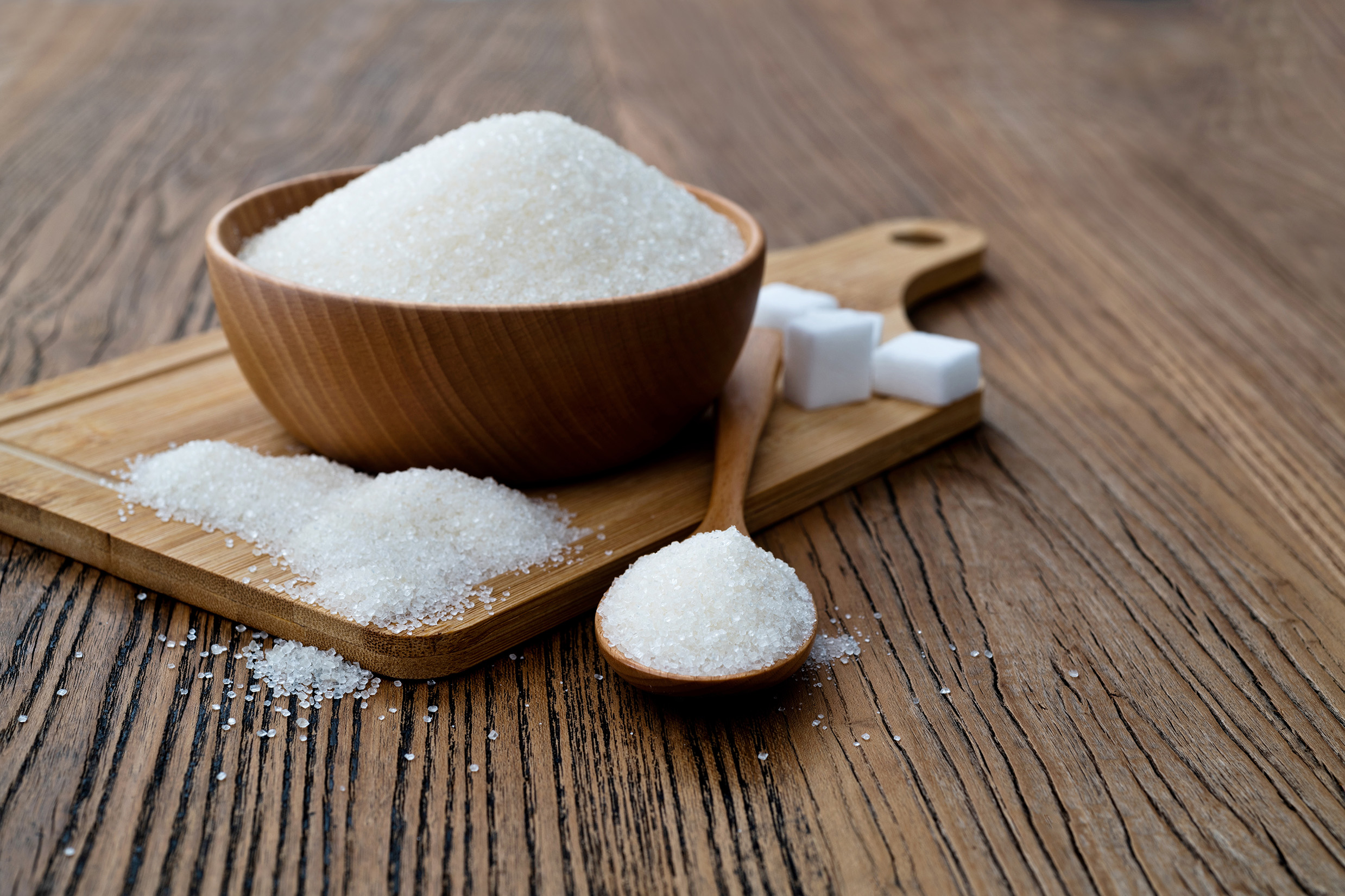Myths about sweeteners: What does the research really say?

Aspartame, saccharin and other non-caloric sweeteners have faced criticism over the years. But what does the science actually say? We asked Ingrid Larsson, clinical nutritionist at Sahlgrenska University Hospital, to sort out some of the most common myths.
Text: Ingrid Larsson / Photo: Shuttertsock
We’re born to like sweet things
Completely cutting out sugar is easier said than done.
“Good luck,” says Ingrid. “From birth, we prefer sweet tastes. Tests on infants show that their mouths open to sweet flavours, but close to salty or bitter ones. Breast milk is naturally sweet and signals both comfort and energy.”
Sweetness and the brain’s reward system
Sweet taste is stored in the brain’s “memory bank” and influences our food choices. We often seek foods and drinks that give us pleasure – sometimes as comfort, sometimes to relax.
And when we crave something sweet, it’s rarely sugar cubes we long for. It’s the combination of sugar and fat, like in chocolate, ice cream or pastries.
Why the myths arise
Many people are skeptical of sweeteners.
“Much of what we worry about is based on our own theories,” says Ingrid. “Social media makes rumours spread quickly and they can easily be perceived as facts.”
Fact box: How are sweeteners approved?
All sweeteners used in Sweden and the rest of Europe have been approved by EFSA (European Food Safety Authority) and are classified as safe. Approval is based on aspects such as:
- Safety – risk of birth defects or disease
- Taste – whether it tastes good
- Impact – on appetite, satiety and energy intake
Examples of approved non-caloric sweeteners: Aspartame, Acesulfame K, Cyclamate and Saccharin.
Lowcaly’s view
We want to give you knowledge and options. Our sweeteners are carefully selected and approved by EFSA, so you can enjoy sweetness without unnecessary sugar.


